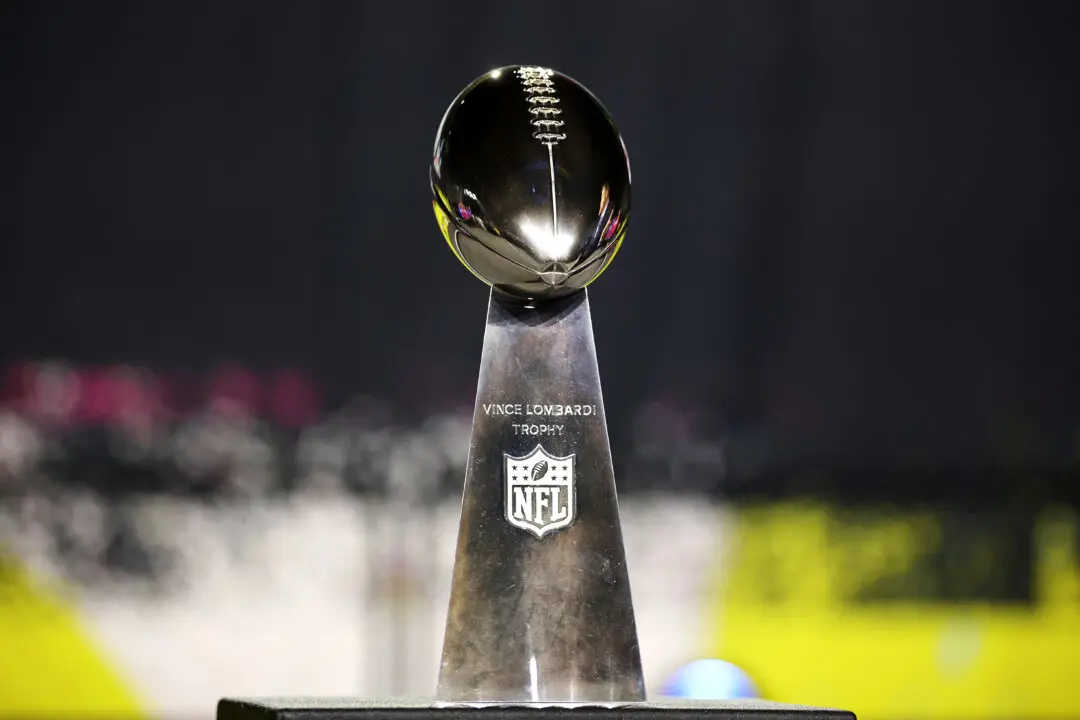Commentary
Every day, we’re barraged with media reports magnifying negative aspects of human behavior. Whether a story deals with geopolitical friction and conflict on the global stage, the acrimony of shrill, scorched-earth political tussles here in the States, or just the latest local crime, the repetitive din surrounding ugly behaviors can make it too easy for us to despair about the prospects for the human race.





